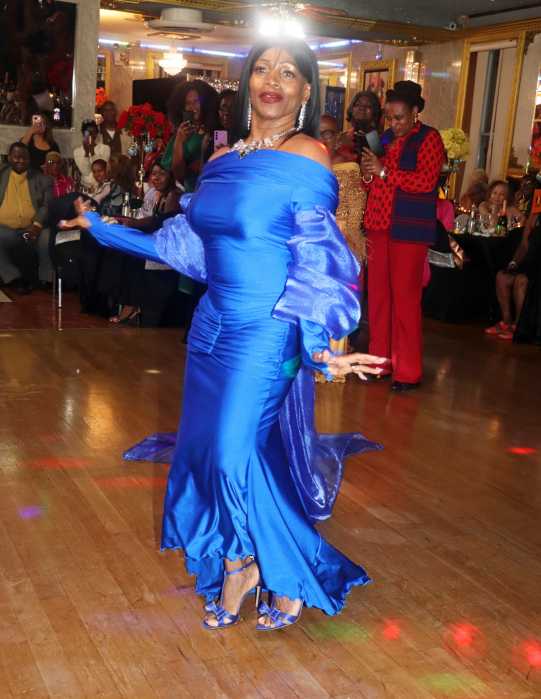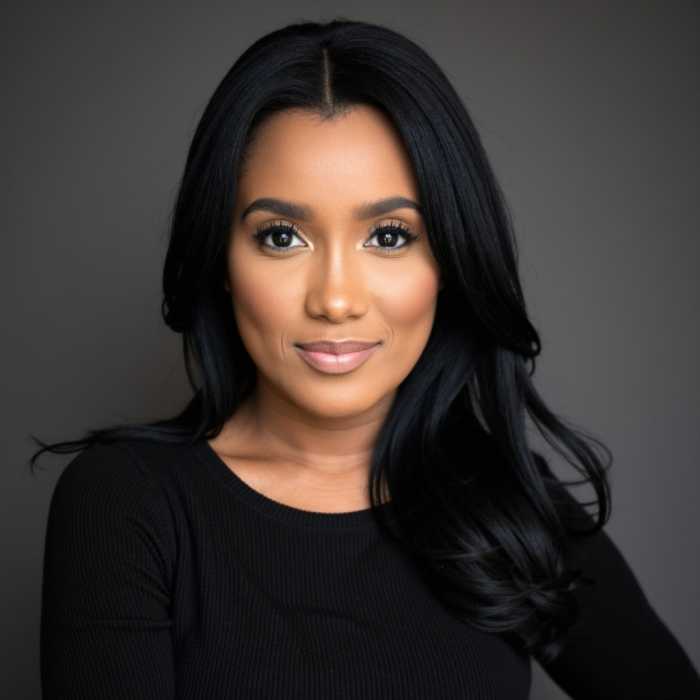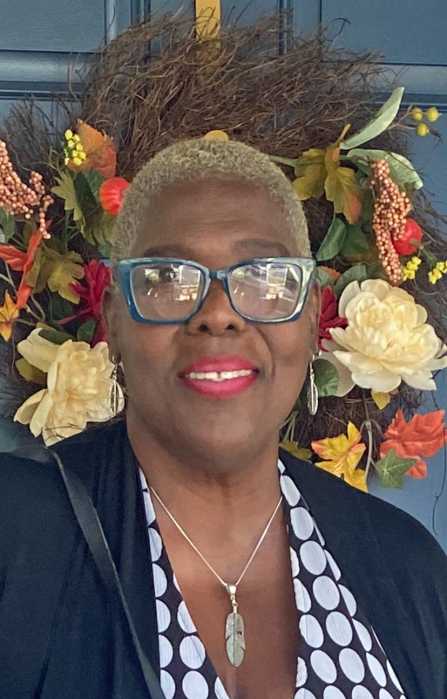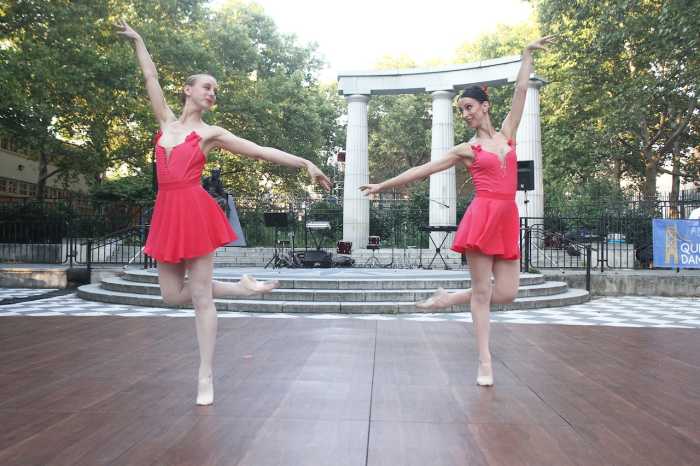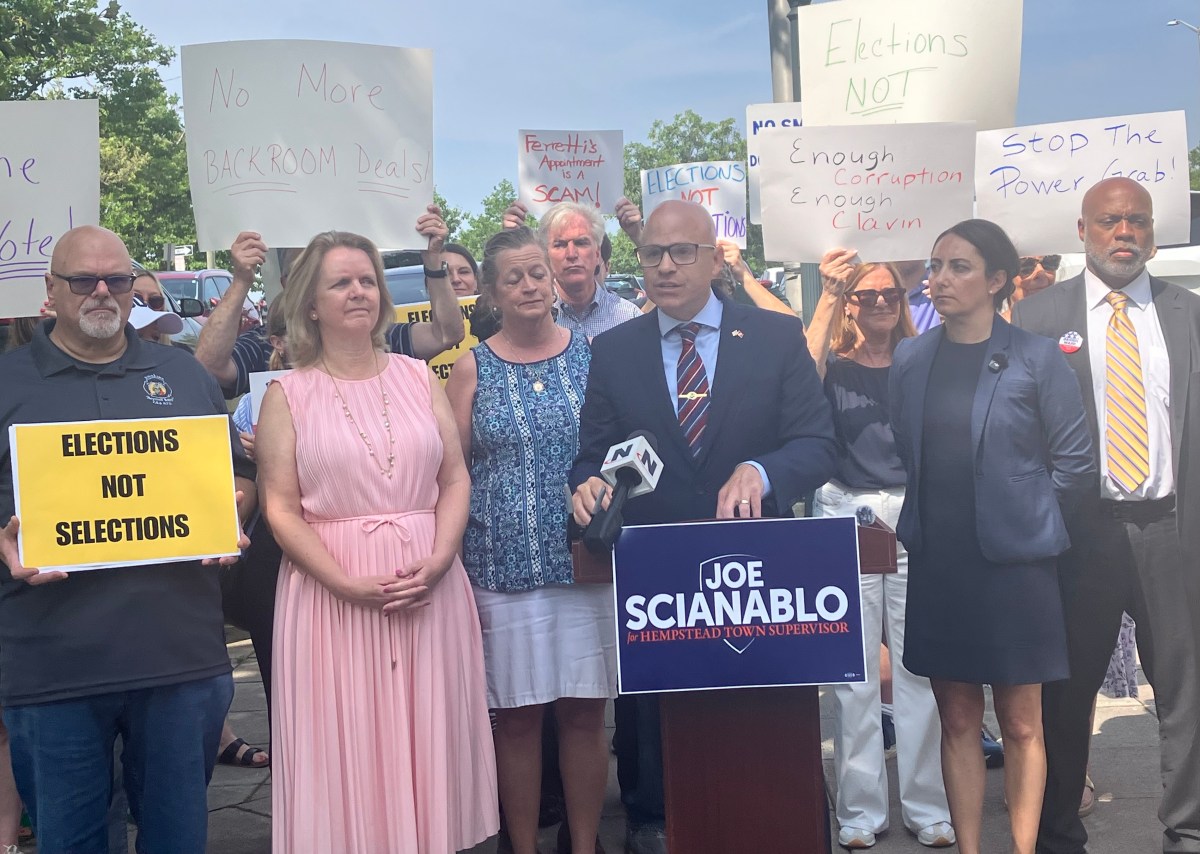President Donald Trump will have one less issue to contend with when he sells a property he owns on the Caribbean island of St. Martin.
According to Sotheby’s International Realty, the 45th leader of the USA is selling off Le Château des Palmiers, a multi-million-dollar 11-bedroom beachfront estate located on Plum Bay Beach, Terres Bassesis on the south-western tip of the island.
Le Château des Palmiers includes a five-bedroom ocean side villa, a four-bedroom garden side villa and a two-bedroom manager’s area.
According to Business Insider, since 2013 when he purchased the lavish estate he has mostly used it as a rental property.
The Sotheby’s listing stated that amenities include a huge heated pool, an open air and air conditioned fitness centre, a tennis court, and covered outdoor bar, billiards and dining areas.
Although there has been no posting of an asking price, the desired sale price is available upon request. Reportedly the four and half acre estate might be sold for a modest $28 million which is $8.3 million more than the list price when the real estate businessman purchased it through two shell companies, Excel Venture I LLC and Excel Venture Corporation.
2017 Aim For Single W-i-n-n-e-r Bee — Less Scripps Ties
As the 2017 Scripps National Spelling Bee nears, rules have been amended to prevent ties and double prizes which have repeated for three consecutive years.
Officials are hoping to ensure that only one speller will emerge as champion speller.
According to the new rules, the handful of contestants who make it to the final evening of the competition will be required to take a written tie-breaking test.
The test consists of 12 spelling words and “12 multiple choice vocabulary items.”
If it becomes “mathematically impossible” for a single winner to emerge by 25 rounds, officials will reveal the test scores of the remaining competitors.
“The speller with the highest Tiebreaker Test score will be declared champion,” a website dedicate to the competition explained.
“If, however, there is a tie on the Tiebreaker Test for the highest score, the spellers tying for the highest score will be declared co-champions.”
According to Paige Kimble, executive director “unless we further raise the bar,” there “is certainly a point of view that the level of competition has risen to a place where we are likely to see more co-championships.”
The organization has consistently revamped its rules in order to keep abreast of the fierce competitors. Since its inception in 1925 there was only one Spelling Bee tie. It occurred in 1962.
But in recent years, spellers have been expanding their knowledge of vocabulary and word origins. They are seeking ever-longer and more difficult words.
Last year, the Bee decided to switch from 25 “championship words” to 25 “championship rounds.”
With that many rounds to decide the best, judges were able to hurl as many as 75 words at finalists.
Officials were also granted permission to adjust the difficulty of those words during the competition. But 13-year-old Jairam Hathwar and 11-year-old Nihar Janga still tied for the championship prize.
Although most of its 280 participants are from the U.S.A, students from countries such as The Bahamas, Canada, People’s Republic of China, Ghana, Japan, Jamaica, Mexico, and New Zealand have also competed.
Historically, the competition has been open to, and remains open to, the winners of sponsored regional spelling bees in the U.S. (including territories such as Guam, American Samoa, the Navajo Nation and the U.S. Virgin Islands along with overseas military bases in Germany and South Korea).
Jamaican Jody-Anne Maxwell disrupted the precedence by winning in 1998. At age 12 she made history as the first non-American to win the competition.
Most competitors in the National Spelling Bee are between the ages of 12 and 14.
But this year, one competitor will be less than half that age — five-year-old Edith Fuller.
Homeschooled by her mother in Oklahoma, Fuller is the youngest person ever to qualify.
She won the five-hour preliminary competition in her state which lasted 37 rounds. Correctly spelling words such as sevruga (a kind of Russian caviar); jacamar (a kind of bird); and Nisei (a child of Japanese immigrants) Fuller claimed her place in the May 30 – June 1 national contest slated for the National Harbor in Maryland.
About two percent of U.S children are homeschooled. Yet, homeschooled youths usually make up eight to 10 percent of those who make it to the national competition.
The winner of the Scripps National Spelling Bee receives a $40,000 cash prize and an engraved loving cup trophy; a $2,500 savings bond, a reference library from Merriam-Webster, $2,600 in reference works and a lifetime membership to Britannica Online Premium from Encyclopedia Brittanica, $5,000 cash prize from the Sigma Phi Epsilon Educational Foundation, and an online course and a Nook eReader.
Catch You On The Inside!




